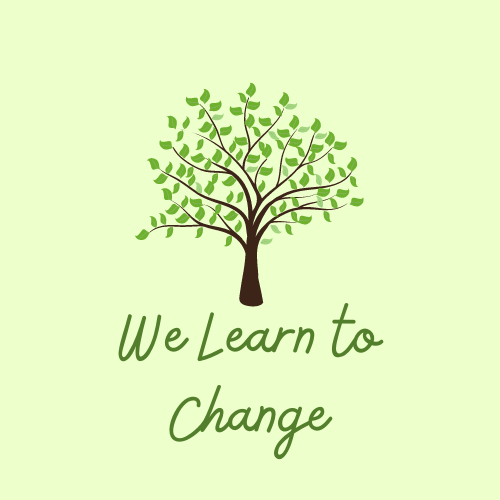How can we process the painful truth about the “isms” in our culture to help our students realize a better future for themselves and others? By confronting each of them.

Recently, it was reported that six Dr. Seuss books are coming out of circulation due to racist imagery. I agree with the decision to remove them from the inventory list. They won’t be money-makers anymore. I have a suggestion for those texts already in print. Donate them to teacher-education programs. Let pre- and in-service teachers in all content areas struggle with them and their messages. Don’t bury our history; use it to have critical conversations about racism, stereotypes, and how our society has changed and remained the same. Encourage teachers to recognize the power of texts in all regards and to change their values accordingly.
The Next Generation Needs Teachers Who Are Well Informed about These Topics
Yes, books that call out and combat racism, anti-Semitism, classism, sexism, ageism, and the like are valuable. However, they seem a bit too conceptual to me. We read them and appreciate the words, but then it is hard to put their ideas into practice. Personally, I need more context. I need to become a well-informed teacher, not merely an informed one. Examining primary source documents like these help us see better, to recognize what people know from experience. Perhaps it is the history major in me, but I find primary source documents to be more helpful to me than conceptual texts alone.
Excerpts are not enough; put the documents in our hands. Let us read, discuss, and question our history through these primary sources. Let us hear from those who have been discriminated against in honest, frank, and bold discussions. Help us see. Help us understand the damage done. Let us mind map the connections and develop the timelines for ourselves.
Start with the premise that the “ism” is wrong and let us determine why that is true. Our given: It’s wrong. Our proof: Evidence of hurt, pain, bloodshed, and death.
Yes, we can even start tracing our history through a children’s book. We will no longer “treasure” these books. Instead, we will deeply appreciate the lessons learned from them and condemn them for what they are simultaneously. We will have a better understanding once we stand under the rain cloud of the “isms” and feel the tears pouring over us of the generations who have suffered.
We Need to Understand the Real Cost
Let’s face it: The privileged often push back on the notion they have it better because they look the way they do. I have heard the arguments before. For example, “Hey, I come from a working class family and worked hard to get to where I am today. I don’t consider myself privileged in any sense of the word.” What they don’t understand is if they were shaded differently, had different religious beliefs, were of another gender, were older, or simply different from the way they are, they may not have had the chance to change their social status. That is society’s fault, but it doesn’t mean that the person has not benefited from privilege.
What I want to say to those who bristle at this notion is, “Instead of assuming someone is trying to put you on a guilt trip, though, perhaps it is time to ask yourself, ‘How can I participate in a society that will finally fulfill Dr. King’s dream?’” Extend that question to include Ghandi, Mandela, Wollstonecraft, Friedan, and all those who advocated for the rights of human beings to live their best lives.
Someday, Dr. King famously said, he hoped his children would be judged not by the color of their skin, but by the content of their character. Are we there yet? Not quite. Too many people still assume they know the content of someone’s character by the color of their skin, the shape of their eyes, or other outward characteristics.
It’s not enough to say, “I don’t see color” or gender, or age, or any outward signs of religious preference. First of all, I don’t believe you.
It seems better to me to say, “I see you, and I love you for all you are. You are beautiful. May you achieve all your goals and live all your dreams without artificial barriers erected by society. You can count on me to be by your side.”
Secondly, I think it rather dismissive to “not see” color or other outward characteristics of another person. Instead, why aren’t we celebrating the beauty of humanity? We are. We exist. See us. Hear us. Celebrate us.
Finally, I implore you to not say there isn’t enough time for all this. What better use of our time than studying to better the lives of our current and future students? Isn’t that why we want to be teachers in the first place?
Thank you for reading.
